By Geraldine Anyanwu
Music is one of the most artistic and important aspects of the entertainment industry. It has for years been part of human existence and is highly recognized across all cultures in the world.
Join our WhatsApp ChannelThe industry has undergone periodic changes ranging from the type of lyrics to instrumentation used in production, mode of operation, duration, and dissemination to the public. These changes are not in isolation as each generation comes with a type of music that appeals to them or modifies the existing ones to suit their taste. Of course, technology has immeasurably contributed to these changes. The latest is the use of AI in the field of music.
READ ALSO: AI In Photography: Curbing Threats Of Rising Fake Photos In Online Space
In the late 2010s and early 2020s, AI technology started to have an even bigger impact on major industries of the world, enhancing, developing, and transforming how these industries generate, operate, produce, and market their creatives/products to the target audience and the music industry has currently received its own bit. AI algorithms have been used to create music that sounds indistinguishable from human-made ones. AI-generated art started to become more common. While some artistes have criticized the use of AI in music, others have embraced it as a new creative tool. One example is Holly+, a pop star who was created entirely with AI. Holly+ sings, dances, and interacts with fans online, all with the help of AI technology. AI is already capable of creating endless songs for use as backgrounds or soundtracks.
READ ALSO: How AI Can Run Your Farm
In Nigeria, artistes are already exploring the vast potential of AI applications in the music industry. Nkasi Eclipse, a Nigerian multi-talented music artiste who produced the first AI-generated Afro-beat album, titled ‘Infinite Echoes,’ having been part of the old ways in which music is done, said players in the music industry need to embrace AI. According to him, AI has come to stay and would enhance one’s work, and save time, and resources if appropriately and ethically applied, while also creating more room for upcoming talents, who due to financial limitations are not heard in the industry. And this will help refocus the youths to the right usage of technology which is likely to curb the vices in society.
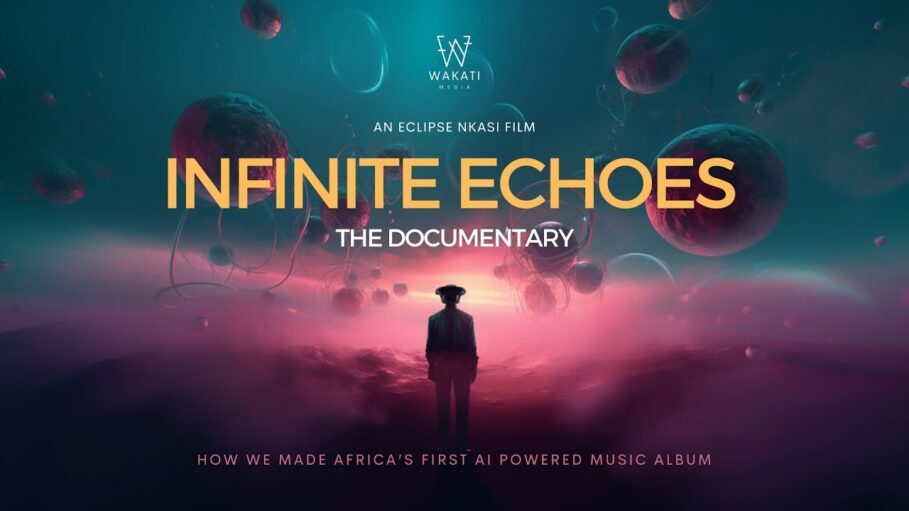
Speaking on his foray into the use of AI for music creation, Eclipse said: “I took a personal journey to exploring tech. I was getting more interested in the intersection between creativity and technology.”
“I spent the last few years figuring out what the core AI tools were and what were derivatives – AI tools gotten from strategic engineering of other AI tools.”
At the end of 2022, when ChatGPT became more popular in Africa, Eclipse was ready to push the boundaries. “The idea of AI was something that interested me and I kind of made it a personal mission to really dig out the tools, going through as many as I could find, going through videos, testing tools, and that sort of just stuck with me,” he said.
At that point, he was ready for the change that AI would bring to the creative industry. But in traditional music circles, it was easily dismissed as a trend that would pass on. It didn’t. In the past few months, top record labels including Sony and Universal Music have been campaigning for a screeching halt on how AI tools are being used to generate music. There have been covers of classic tracks being sung in the likeness of other musicians in almost indistinguishable ways. We’ve seen music like ‘Heart on My Sleeve’, a song written and produced by TikTok user ghostwriter977 released in April 2023. The vocals were generated by AI and made to sound like popular Canadian musicians, Drake and The Weeknd.

Recently, Spotify said it had removed thousands of AI-generated songs from its platform.
“I felt and I was saying that the world had changed, but people were slow to realize it,” Eclipse said, in his reflections about the AI revolution. ‘And I think that musicians were maybe arrogant not to think that it was possible for AI to generate something that would be arguably indistinguishable from human creation. I didn’t have all the answers, but I thought it was possible.”
In the same line of thought, some experts in the industry believe that AI-generated music could be more popular than human-created music in the future. One reason, they said is that AI-generated music could be more personalized for each listener. AI could analyze a person’s listening habits and create music that is perfectly tailored to their tastes. This could lead to a world in which everyone has their own personal soundtrack, generated by AI.
For instance, Canadian electronic pop artist Grimes (also well-known for being Elon Musk’s one-time girlfriend) is perhaps one of the celebrity musicians, who is most outspoken about her support for AI. This past spring, she launched an AI tool called Elf.Tech, is designed to allow users to make a recording of their own voices and then transform it into Grimes’ voice.
The artist went ahead to say that she would divide royalties evenly between herself and anyone who makes a hit song using the software (and her voice). She said she would allow creators of all kinds to use her voice without any penalty for copyright violations.
Also, AI-generated music could allow people to access a much wider variety of music. It could also help people discover new music and artists that they might not otherwise have found. Additionally, AI-generated music could be more affordable than traditional music, as it wouldn’t require the cost of hiring musicians, producers, or studios. In a media interview, Eclipse said he spent only $500 (then the exchange rate between naira and dollar has not increased as it is today) to produce the music within three days. AI helped in script writing, and the generation of soundtracks, among other things.
AI could also make music more accessible for everyone, regardless of their income level. It could also give independent artists an opportunity to reach a wider audience without having to rely on traditional record labels or distribution channels.
The AI-generated song ‘Heart on My Sleeve‘, by a TikTok user was said to have achieved brief but significant success purportedly featuring Drake and The Weeknd (but really using replications of their voices made with AI tools). It garnered hundreds of thousands of views across different streaming platforms in a few days after it was released.
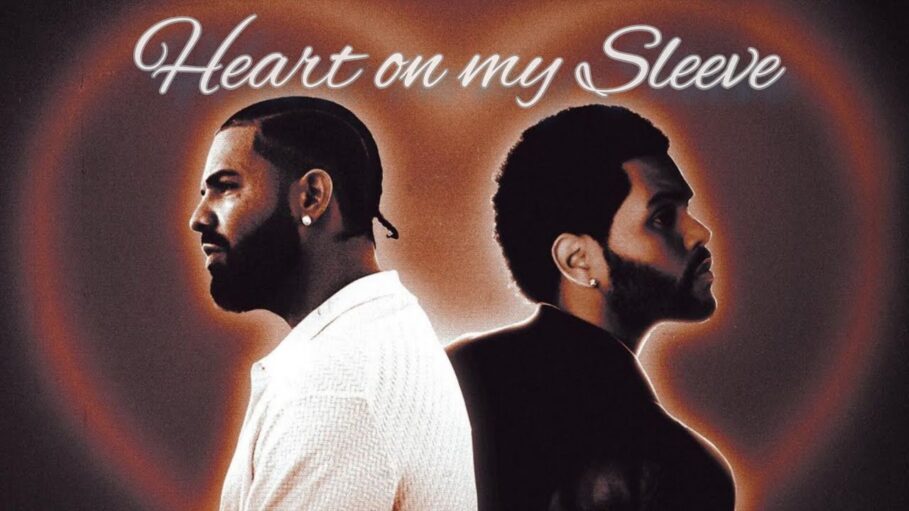
On the other hand, there are some potential downsides to consider as expressed by some experts in the music industry that has explored using AI in the writing and production of songs. Some of these concerns are that AI-generated music might lack the emotional connection that people feel with human-created music. It could also lead to a homogenization of music, where everything starts to sound the same. Another concern is that AI-generated music could put real music stars out of business, leading to a loss of income and a loss of culture.
One more issue that has also been raised is the potential impact on artists themselves. If AI-created art becomes more popular and widely available, it could lead to a decline in the incomes of human artists. This could make it more difficult for artists to make a living from their work and could discourage people from pursuing careers in arts. This could lead to a decline in the overall quality of art, as fewer people would be willing to dedicate the time and effort to honing their craft.
Some players in the music industry who operate behind the scenes in recording studios have also spoken out about AI’s benefits and drawbacks. Shawn Everett is not really a household name, but the Grammy-winning producer has worked with artists including Adele, Kasey Musgraves, Alvvays, and the War on Drugs. Everett has voiced admiration for the possibilities that AI opens in music production, saying “We’re on the cusp of a wave of something that I don’t think we’ve really seen, maybe ever.” Artists like Pharrell Williams and Shawn Everett have spoken out about the inevitability of AI’s role in music, essentially, telling other artists to buckle up and prepare for their worlds to turn upside down.
Who Takes Credit For AI-generated art?
Another concern is the idea of “cultural ownership” – who “owns” a piece of art or culture, and who has the right to create it? In the case of AI-generated art, it’s not always clear who should be credited as the artist – the person who created the AI system, the person who fed the AI data and prompts, or the AI system itself. This raises difficult questions about authorship and intellectual property rights. It’s a fascinating legal and ethical quandary! Here’s one possible scenario: Imagine that an AI is trained on the entire discography of a famous musician. The AI is then used to create a new album that sounds exactly like that musician’s work. Should the creator of the AI be able to profit from that album, even though they didn’t create the music themselves? Or should the money go to the musician whose music was used to train the AI? This scenario raises a lot of tricky questions about intellectual property and ownership.
Nevertheless, artistes like Weezer’s Rivers Cuomo who has developed a reputation for his unorthodox approach to songwriting, including his calculated use of drugs in the writing process for some of his songs do not care about the ethical consideration. So, it’s perhaps no surprise to fans that he would experiment with AI. Still, Cuomo and his bandmates have not gone as far as an artist like Grimes at this point. Instead, they are embracing a type of music-making that more equally combines the efforts of human artists with AI tools to support them. In late 2022, he announced that Weezer was releasing a new song. He also said that he had tasked a generative AI program with devising lyrics based on the same song title. He shared both and suggested that fans guess which was which.
Leaving no stone unturned, an artiste like Eclipse, who has explored the use of AI in songwriting to music production has advised that the industry should embrace AI tools to enhance the writing and production of songs, as it is a tool that ought to enhance, explaining that AI technology can’t for sure replace humans but is meant to help humans save time, money and give chance to new talents to emerge, giving an avenue for real talents to be awarded.

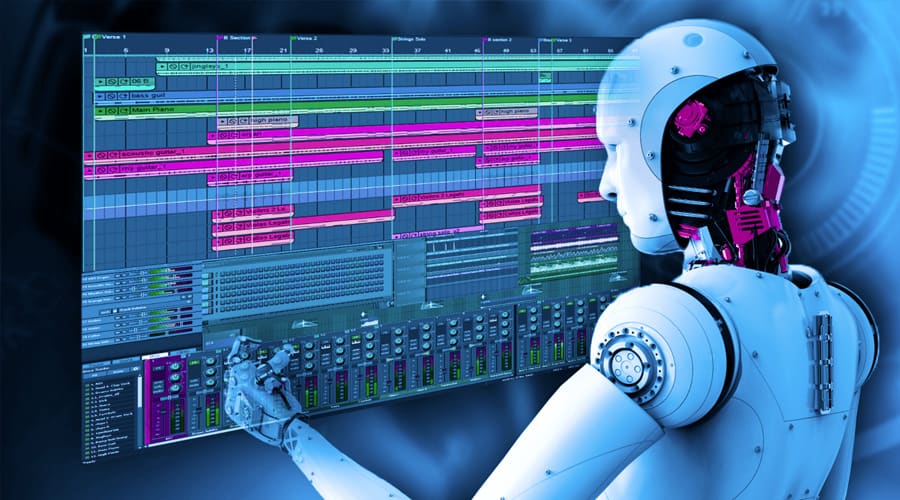


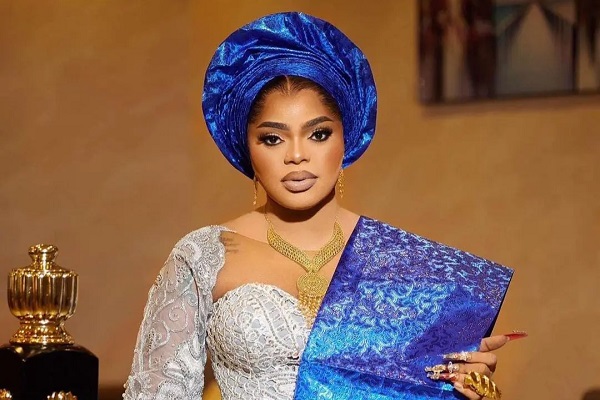
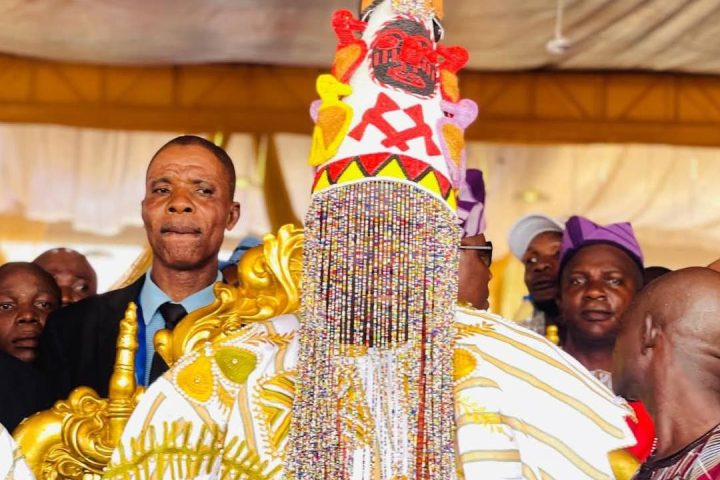
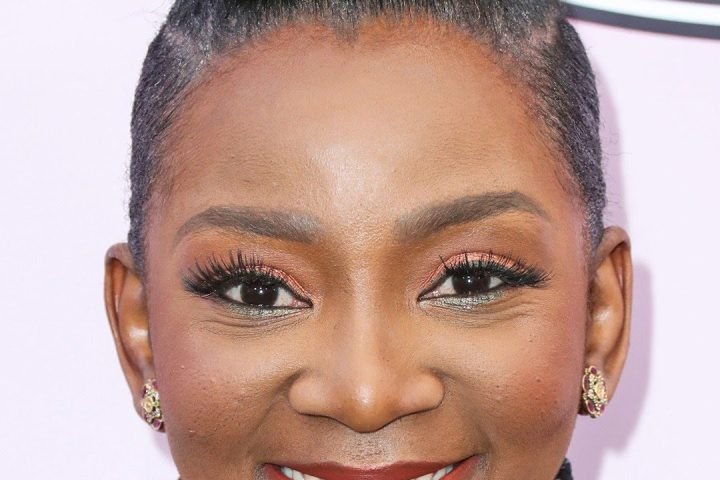









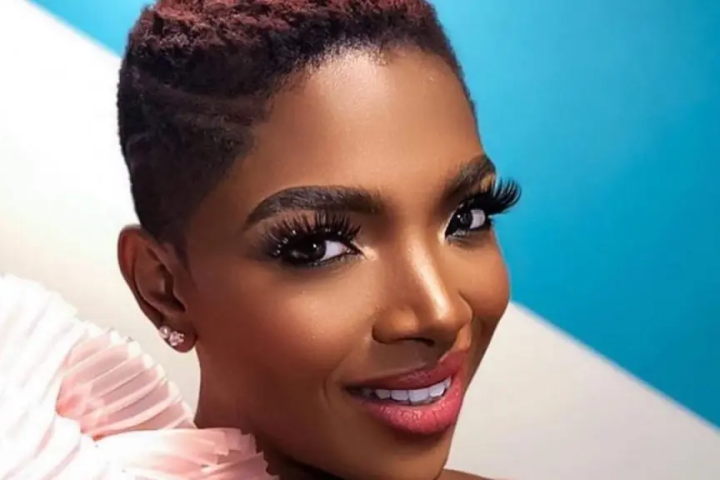
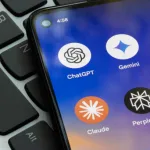
Follow Us